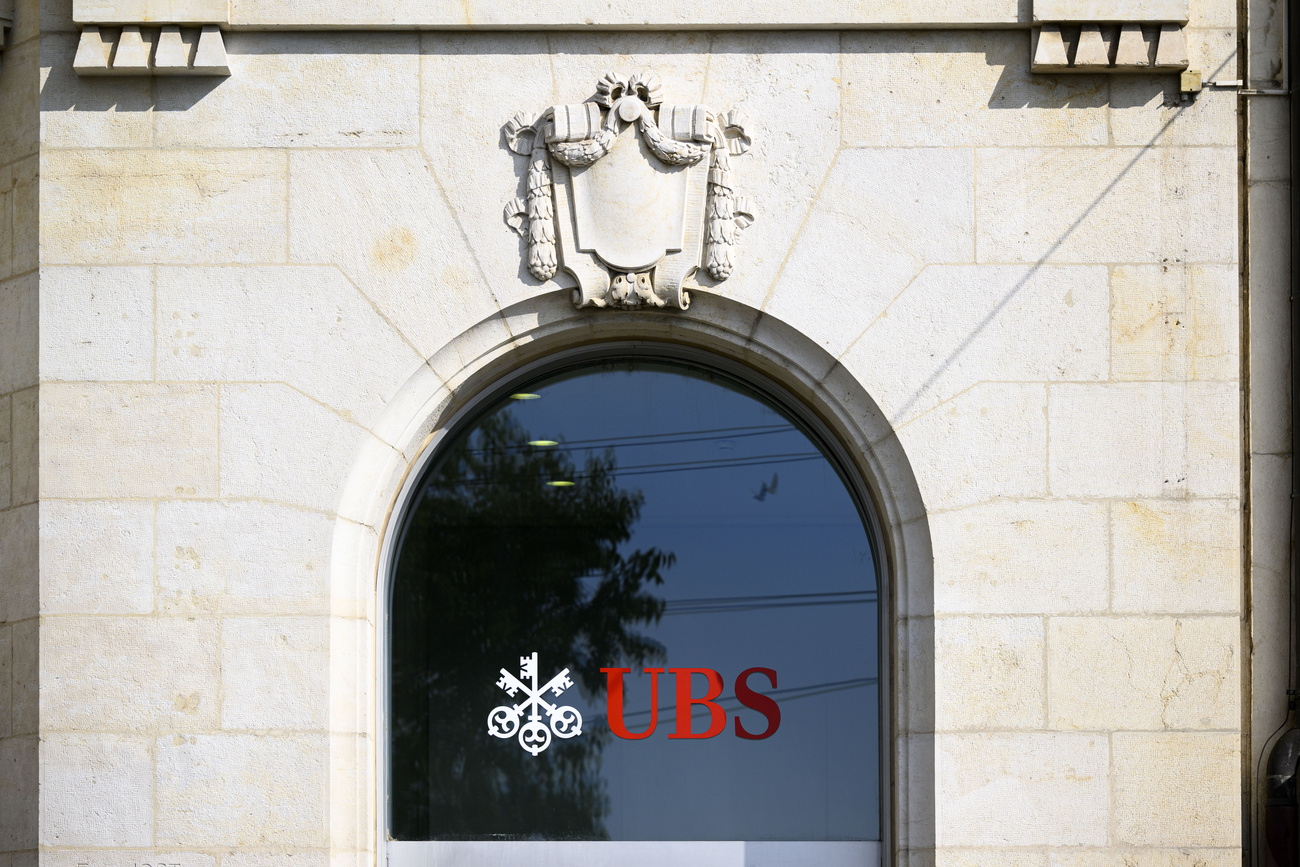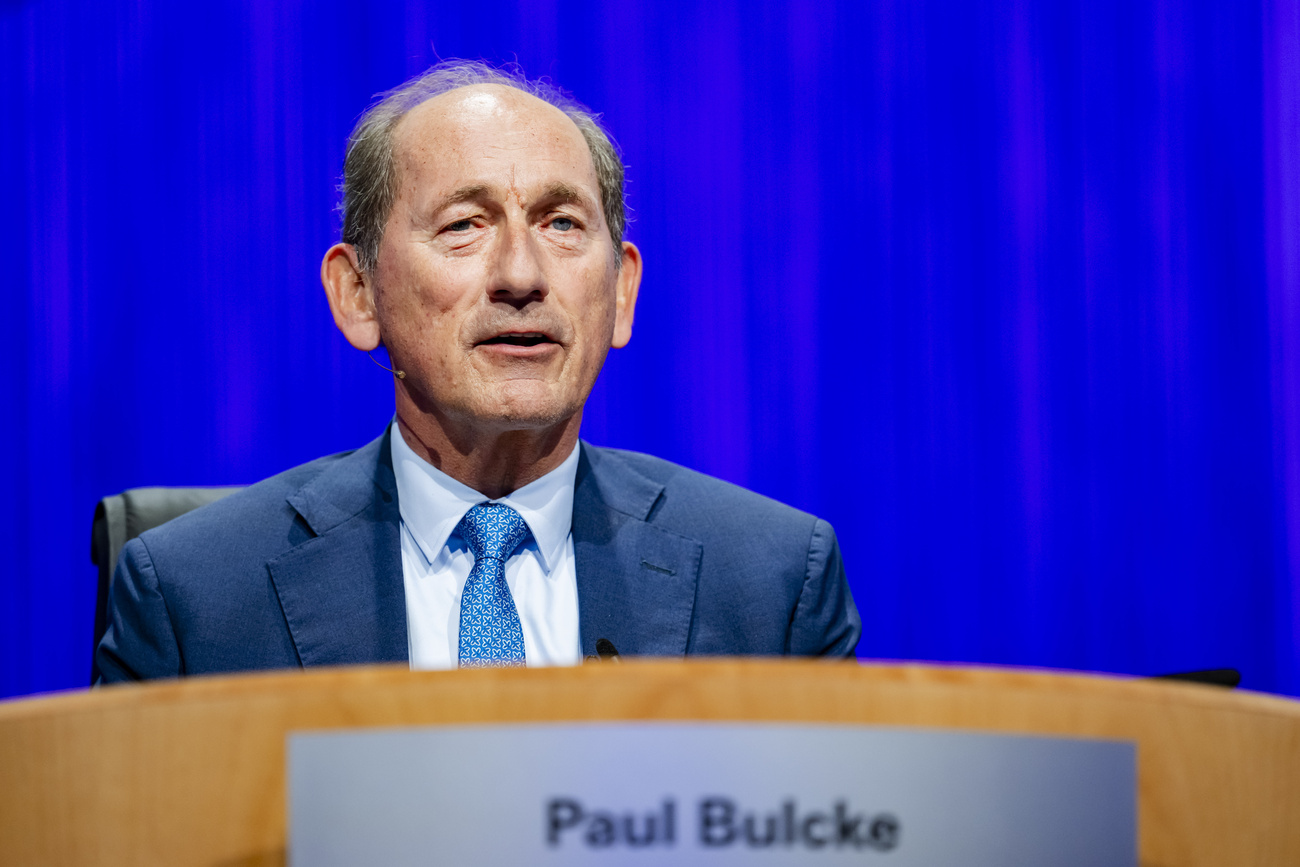
US Futures Gain on Earnings Outlook; Dollar Rises: Markets Wrap
(Bloomberg) — US equity futures rose as investors bet that a resilient economy and Federal Reserve easing will continue to support corporate earnings and the boom in artificial intelligence spending.
Contracts on the S&P 500 climbed about 0.4% after the index gained more than 1% last week despite a US government shutdown that’s delayed key economic data. Futures on the Nasdaq 100 were up 0.6%. The yield on 10-year Treasuries rose about four basis points, and a gauge of the dollar advanced.
Subscribe to the Bloomberg Daybreak Podcast on Apple, Spotify and other Podcast Platforms.
Tech stocks led gains in premarket trading. Advanced Micro Devices Inc. soared after signing a deal with OpenAI to roll out AI infrastructure in a pact the chipmaker said could generate tens of billions of dollars in new revenue. Tesla Inc. rose after teasing a product announcement. Comerica Inc. surged after Fifth Third Bancorp agreed to buy the financial services firm in a $10.9 billion deal.
US companies are set to enjoy a better-than-expected earnings season as a robust economy and a solid outlook for artificial intelligence have left estimates looking too low, according to Goldman Sachs Group Inc. strategists. The team led by David Kostin also expect the so-called Magnificent Seven group of technology heavyweights to beat expectations.
A number of private-sector indicators out last week pointed to a sluggish US labor market and moderation in demand, without raising alarm bells on the outlook for economic growth. That’s left traders confident the Fed will deliver another quarter-point cut in October, allowing them to look past the US government shutdown and the threat of firing federal workers.
“The base-case scenario remains one of slow but steady growth, continued disinflation, and a gradual rate-cutting cycle by the Fed toward year-end,” said Linh Tran, a market analyst at XS.com. “Against this backdrop, the S&P 500 is expected to maintain a measured upward trajectory, supported by improving corporate earnings, stable valuations, and persistent institutional inflows.”
Elsewhere, European stocks dipped, with France’s CAC 40 benchmark plunging as much as 2.1% amid fresh political turmoil. Bonds fell and the euro weakened.
French lenders Societe Generale SA, Credit Agricole SA and BNP Paribas SA led declines in the Stoxx Europe 600 index as the nation’s 10-year yield jumped. Prime Minister Sebastien Lecornu resigned just a day after President Emmanuel Macron named a new cabinet, deepening the country’s political crisis. The euro fell against the dollar.
Lecornu’s departure comes after his two predecessors were felled by the same problem: having to pass a budget through a fractured parliament that included unpopular spending cuts and tax increases needed to rein in the largest deficit in the euro area. That’s raising uncertainty about the outlook for the region’s second-largest economy.
“Alongside this political uncertainty/crisis, one can expect an economic one (sentiment is likely to deteriorate) given the uncertainty surrounding the wide budget deficit,” said Stephane Ekolo, a strategist at TFS Derivatives. “Banks and financials overall are likely in this uncertainty to be under pressure.”
What Bloomberg Strategists say….
“Markets are quite good at adapting to known unknowns. Political paralysis in France is just that at the moment. But equally, markets don’t have unlimited patience. Unless a grip is taken of the country’s unsustainable fiscal situation in the relatively near future, risk spreads are liable to blow out again.”
— Simon White, Macro Strategist. For the full analysis, click here.
Meanwhile, the US government shutdown, which kicked in on Wednesday, is driving investors to haven assets in what market participants have begun to call the “debasement trade.” Gold rose above $3,900 an ounce to yet another record, extending a rally that’s been a feature of commodity markets all year. Bitcoin also set another all-time high over the weekend.
Earlier, Japan’s Nikkei 225 index jumped 5% to an all-time high as Sanae Takaichi was in line to become Japan’s next prime minister. The yen slid almost 2% to 150 per dollar, while falling to a record low against the euro. Longer-maturity Japanese bonds fell the most in months on concern a Takaichi government may sell more debt to finance tax cuts.
Takaichi’s surprise victory in a ruling party leadership vote in at the weekend reduced expectations that the Bank of Japan may hike interest rates as soon as this month while raising worries about more debt supply to finance stimulus. Overnight index swaps priced in about a 25% chance of an increase, down from 60% before the Liberal Democratic Party election.
Oil advanced after OPEC+ agreed Sunday to revive just 137,000 barrels a day of halted supply — a slower pace than earlier this year.
Some of the main moves in markets:
Stocks
S&P 500 futures rose 0.3% as of 7:21 a.m. New York time Nasdaq 100 futures rose 0.6% Futures on the Dow Jones Industrial Average rose 0.2% The Stoxx Europe 600 was little changed The MSCI World Index was little changed Currencies
The Bloomberg Dollar Spot Index rose 0.5% The euro fell 0.6% to $1.1673 The British pound fell 0.4% to $1.3428 The Japanese yen fell 2% to 150.35 per dollar Cryptocurrencies
Bitcoin rose 0.9% to $123,923.53 Ether rose 1.6% to $4,571.55 Bonds
The yield on 10-year Treasuries advanced three basis points to 4.15% Germany’s 10-year yield advanced two basis points to 2.72% Britain’s 10-year yield advanced five basis points to 4.73% Commodities
West Texas Intermediate crude rose 1.2% to $61.64 a barrel Spot gold rose 1.3% to $3,935.93 an ounce This story was produced with the assistance of Bloomberg Automation.
–With assistance from Levin Stamm, Anand Krishnamoorthy and Michael Msika.
©2025 Bloomberg L.P.

































